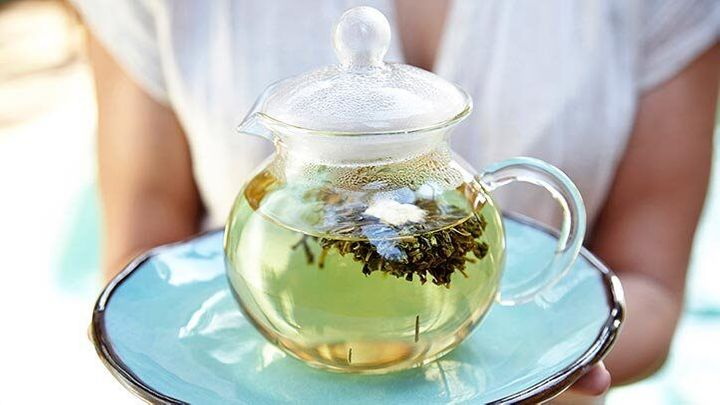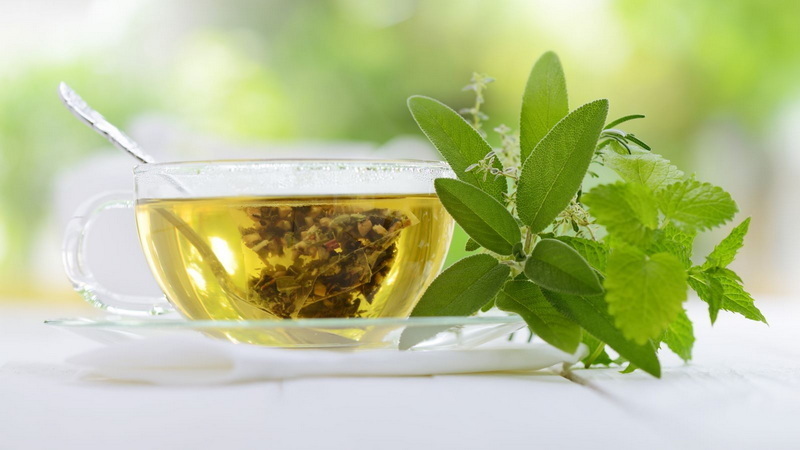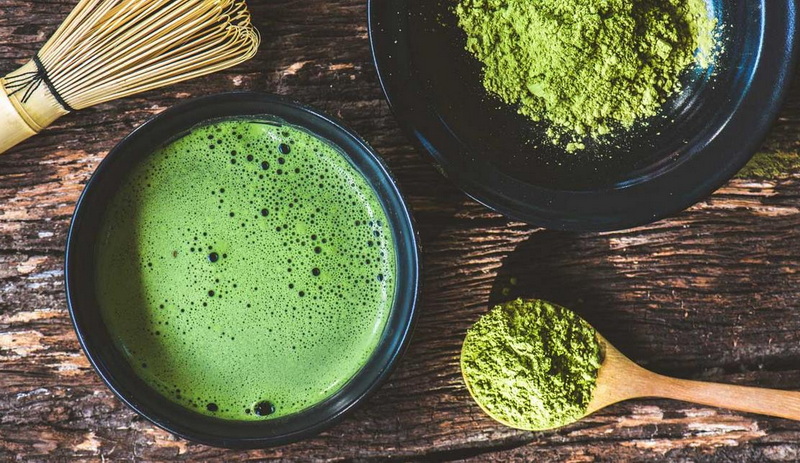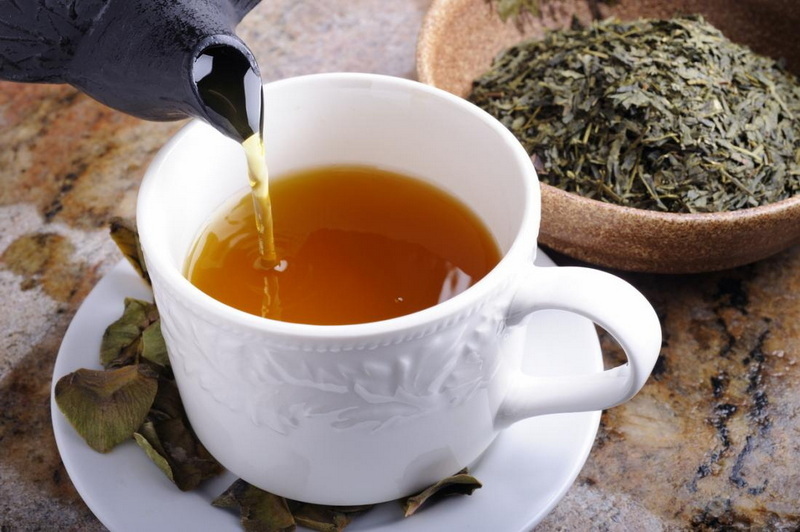Content Menu
● Understanding Green Tea
>> Key Components of Green Tea
● Benefits of Green Tea After Tooth Extraction
>> 1. Reduction of Bleeding
>> 2. Anti-inflammatory Properties
>> 3. Antibacterial Effects
>> 4. Enhanced Healing
>> 5. Hydration and Comfort
● How Green Tea Aids Oral Health
● Practical Tips for Incorporating Green Tea into Your Recovery
● Additional Considerations
● Scientific Evidence Supporting Green Tea's Benefits
● Expanding on Oral Health Benefits
>> Importance of Antioxidants
>> Long-term Benefits
● Lifestyle Modifications Alongside Green Tea Consumption
● Conclusion
● FAQ
>> 1. Can I drink hot green tea immediately after tooth extraction?
>> 2. How often should I drink green tea after an extraction?
>> 3. Does green tea prevent infections after tooth extraction?
>> 4. Are there any side effects associated with drinking green tea?
>> 5. Can I use green tea as a mouthwash after tooth extraction?
● Citations:
Tooth extraction is a common dental procedure that can lead to various post-operative complications, including bleeding, swelling, and infection at the extraction site. As patients seek effective ways to promote healing and reduce discomfort after such procedures, many turn to natural remedies. One such remedy that has gained attention is green tea. This article explores the potential benefits of drinking green tea after tooth extraction, focusing on its healing properties, scientific backing, and practical tips for incorporating it into post-extraction care.

Understanding Green Tea
Green tea is derived from the leaves of the *Camellia sinensis* plant and is known for its rich content of antioxidants, particularly catechins. These compounds are celebrated for their anti-inflammatory, antibacterial, and antioxidant properties, which can be beneficial for oral health.
Key Components of Green Tea
- Catechins: These are powerful antioxidants that help reduce inflammation and combat bacteria in the mouth.
- Fluoride: Green tea contains fluoride, which strengthens tooth enamel and helps prevent decay.
- Tannins: These compounds can aid in blood clotting and may help reduce bleeding after dental procedures.
Benefits of Green Tea After Tooth Extraction
Drinking green tea post-extraction may offer several advantages that can contribute to a smoother recovery process:
1. Reduction of Bleeding
A study indicated that using green tea extract-impregnated gauze after tooth extraction significantly reduced bleeding times compared to standard treatments. The tannins in green tea promote tissue contraction and enhance blood clotting, which can help control bleeding at the extraction site[1][2].
2. Anti-inflammatory Properties
Green tea is known for its anti-inflammatory effects. Consuming it may help reduce swelling and discomfort following tooth extraction. The catechins in green tea inhibit inflammatory responses in the body, potentially leading to less pain and faster recovery[3].
3. Antibacterial Effects
The antibacterial properties of green tea can help minimize the risk of infection at the extraction site. By controlling harmful bacteria in the mouth, green tea can contribute to a healthier healing environment[4].
4. Enhanced Healing
Research suggests that green tea may enhance tissue repair and bone healing post-extraction. A study involving a gel formulation containing green tea showed improved fibroblast activity and better healing outcomes in patients who underwent tooth extractions[5].
5. Hydration and Comfort
Drinking lukewarm or cold green tea can help keep you hydrated while providing a soothing effect on the mouth during recovery. Staying hydrated is crucial for overall health and can aid in the healing process.

How Green Tea Aids Oral Health
In addition to aiding recovery from tooth extractions, regular consumption of green tea can enhance overall oral health:
- Reduces Plaque Formation: The catechins in green tea inhibit the growth of *Streptococcus mutans*, a primary bacterium responsible for plaque formation[6].
- Prevents Tooth Decay: Green tea's antibacterial properties help control bacterial growth, thereby reducing acid production that erodes enamel[3].
- Improves Gum Health: Studies suggest that regular consumption of green tea may lower the risk of developing gum disease by reducing inflammation and promoting healthier gums[7].
- Freshens Breath: The ability of green tea to combat oral bacteria can improve breath naturally, making it an excellent addition to your oral hygiene routine[8].
Practical Tips for Incorporating Green Tea into Your Recovery
To maximize the benefits of green tea after tooth extraction, consider the following tips:
- Timing: Wait at least 24 hours post-extraction before consuming any type of tea to allow initial healing to begin.
- Temperature: Drink lukewarm or cold green tea to avoid irritating the extraction site with hot liquids.
- Preparation: Opt for unsweetened green tea to avoid sugar, which can promote bacterial growth.
- Frequency: Enjoy one or two cups of green tea daily as part of your recovery routine.
Additional Considerations
While integrating green tea into your post-extraction care can be beneficial, it's essential to consider certain factors:
- Caffeine Sensitivity: If you are sensitive to caffeine, consider decaffeinated green tea options.
- Interactions with Medications: Consult your dentist if you are taking medications that may interact with herbal supplements.
- Allergies: Ensure you are not allergic to any components in green tea.
Scientific Evidence Supporting Green Tea's Benefits
Numerous studies have highlighted the positive effects of green tea on oral health:
- A randomized controlled trial found that patients using gauze soaked in green tea extract experienced significantly less bleeding compared to those using standard gauze[2].
- Another study indicated that rinsing with a green tea mouthwash effectively reduced postoperative pain following third molar extractions[5].
- Research has also shown that polyphenols in green tea enhance fibroblast activity, which is crucial for tissue repair following dental surgeries[4].
Expanding on Oral Health Benefits
To further elaborate on how drinking green tea contributes positively not only after tooth extractions but also as part of a regular oral hygiene regimen:
Importance of Antioxidants
Antioxidants play a vital role in maintaining overall health by combating oxidative stress caused by free radicals. In oral health specifically:
- Antioxidants found in green tea help protect gum tissues from damage caused by inflammation.
- Regular consumption may improve overall periodontal health by reducing oxidative stress markers within gum tissues.
Long-term Benefits
Incorporating green tea into your daily routine not only aids immediate recovery but also offers long-term benefits such as:
- Lower incidence rates of periodontal disease among habitual drinkers.
- Enhanced enamel strength due to fluoride content over time.

Lifestyle Modifications Alongside Green Tea Consumption
For optimal recovery post-extraction and improved overall oral health:
- Maintain good oral hygiene practices including brushing twice daily and flossing.
- Stay hydrated with water alongside your consumption of green tea; hydration aids in maintaining saliva flow which protects against decay.
- Avoid sugary foods and beverages which counteract the benefits provided by both good dental hygiene practices and drinking healthy beverages like green tea.
Conclusion
Incorporating green tea into your post-extraction care may provide significant benefits, including reduced bleeding, inflammation control, antibacterial effects, and enhanced healing. Its natural properties make it an appealing option for those looking to support their recovery after dental procedures. However, it's crucial to follow your dentist's recommendations regarding post-operative care and consult them if you have any concerns about using herbal remedies during your recovery.

FAQ
1. Can I drink hot green tea immediately after tooth extraction?
No, it's advisable to wait at least 24 hours before consuming hot beverages. Instead, opt for lukewarm or cold green tea to avoid irritating the extraction site.
2. How often should I drink green tea after an extraction?
One or two cups daily can be beneficial as part of your recovery routine.
3. Does green tea prevent infections after tooth extraction?
Yes, due to its antibacterial properties, drinking green tea may help reduce the risk of infection at the extraction site.
4. Are there any side effects associated with drinking green tea?
While generally safe, excessive consumption may lead to caffeine-related side effects or interact with certain medications. Always consult your dentist if unsure.
5. Can I use green tea as a mouthwash after tooth extraction?
While rinsing with diluted green tea might offer some benefits, it's best to follow your dentist's advice regarding mouth rinses post-extraction.
Citations:
[1] https://dimensionsofdentalhygiene.com/evidence-based-benefits-of-green-tea/
[2] https://pmc.ncbi.nlm.nih.gov/articles/PMC4082946/
[3] https://www.smalltowndental.com/post/the-oral-health-benefits-of-green-tea-sip-your-way-to-a-healthy-smile
[4] https://www.nature.com/articles/s41598-024-57821-5
[5] https://pmc.ncbi.nlm.nih.gov/articles/PMC3720195/
[6] https://dentistryforyouokc.com/is-green-tea-good-for-your-teeth-benefits-for-oral-health/
[7] https://royalimplant.com/blogs/tea-and-coffee-after-extraction/
[8] https://pmc.ncbi.nlm.nih.gov/articles/PMC8797077/
[9] https://www.edentalperth.net.au/tooth-extraction-tea-bag-stop-bleeding/
[10] https://www.parodontax.com/amp/benefits-of-green-tea-oral-health.html































